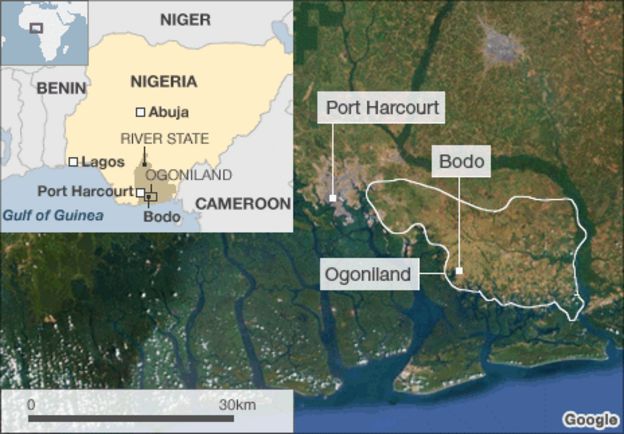 |
MARVIN GENTRY/REUTERSDo you think he'll wear that awful red hat if elected President? Let's just hope it never gets that far. |
The mere thought of President Trump taking the oath of office on Jan. 20, 2017, has already led to threats from U.S. citizens that they would leave our red, white and blue borders behind if The Donald reaches The White House.
The tycoon-turned-politician won at least six states on Super Tuesday, putting him one step closer to the White House, and his critics — and they’re plentiful — are one step closer to the border.
Since declaring his candidacy last June, Trump has insulted everybody from John McCain to Pope Francis, from Mexicans to Muslims to Megyn Kelly.
Left-leaning Americans have been threatening to leave the country since Trump announced his candidacy last summer with a hate-filled, derogatory speech in which he called Mexicans rapists and drug dealers
The warnings of emigration have continued through his campaign — so much so that a tiny Canadian island created a website to welcome Trump haters.
Of course, such threats are nothing new. The late director Robert Altman started the trend during the 2000 election, becoming the first celebrity to say he'd leave the U.S. if George W. Bush was elected. But the threated escape never happened: He died in Hollywood six years into Bush's presidency.
Minnesota-born "Monty Python" member Terry Gilliam renounced his American citizenship in 2006 in protest of Bush's reelection, although the actor moved to London in 1968.
So how does a Trump foe make the big move to more progressive pastures in 2016? And of all the Trump-free countries, which is best for a soon-to-be-expat?
Here’s a Daily News cheat sheet on moving your feet before First Lady Melania puts on her dancing shoes for the inaugural ball.
The first step of any great escape plan? Picking a destination.
Trust expats who have already fled their countries: Singapore might be your best bet. The island nation boasts the top quality of life for expats, according to a 2015 survey of expats by InterNations, a 2 million-person strong network of migrants.
The Asian county earned the title for its slew of high-paying jobs, welcoming atmosphere, stellar health care facilities and top-notch public transit. English, one of Singapore's four official languages, is used frequently, especially in urban areas, so communication barriers are limited for Americans.
"I love the cosmopolitan nature of the city; its international population is well-traveled & open-minded," one expat said.
As a bonus, Singapore boasts the No. 1 most efficient health care system in the world, as rated by Bloomberg. The U.S. ranks at No. 44, and could dip even lower with Trump at the helm. The billionaire has long blasted Obamacare and scoffed at government-run health care — even though the system seems to be working out really well for Singapore.
When it comes to personal finances, Ecuador might be the answer. It ranks No. 1 for cost of living and is high on the list for just plain happiness.
The South American country goes easy on expats' wallets, ranking No. 1 for cost of living. In Ecuador, only 9% of expats said their disposable income isn't enough, compared to a global average of 23%.
And when the massive shavings coax expats southward, you'll be greeted by tons of friendly faces. Ecuador is the easiest country for expats to make new friends, according to the InterNations report.
"Expats living in Ecuador find it the easiest out of all 64 destinations worldwide to settle down in this country," the survey says.
Plus, there are far more women in Ecuador's government than in the U.S. Here, 20 women served in the Senate this term, while 84 women were in the House of Representatives in 2015 — both houses were comprised of roughly 80% men. Ecuador's one-chamber National Assembly has 59 women, compared to 78 men. That should be good news to all those women Donald Trump has verbally attacked over the years.

